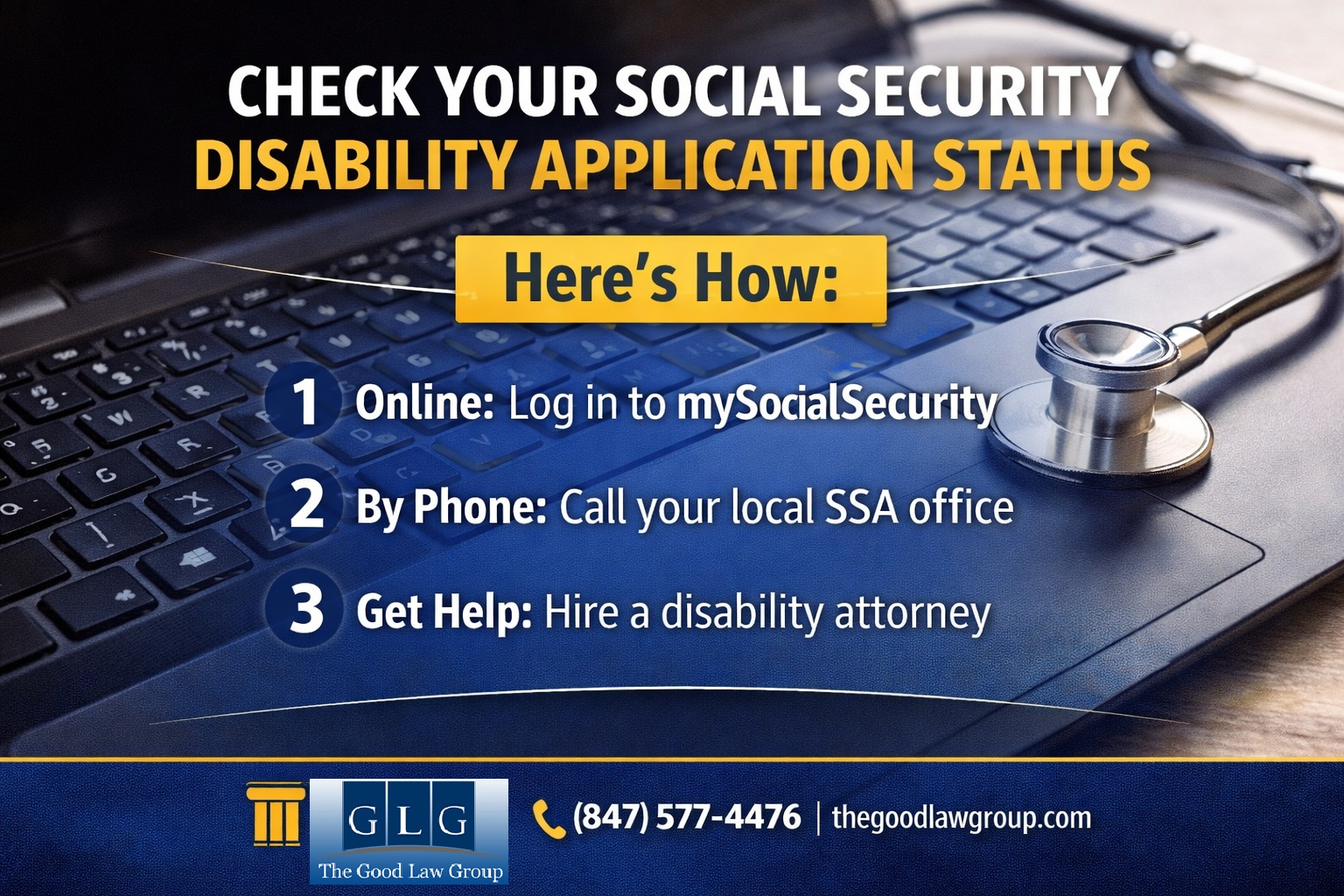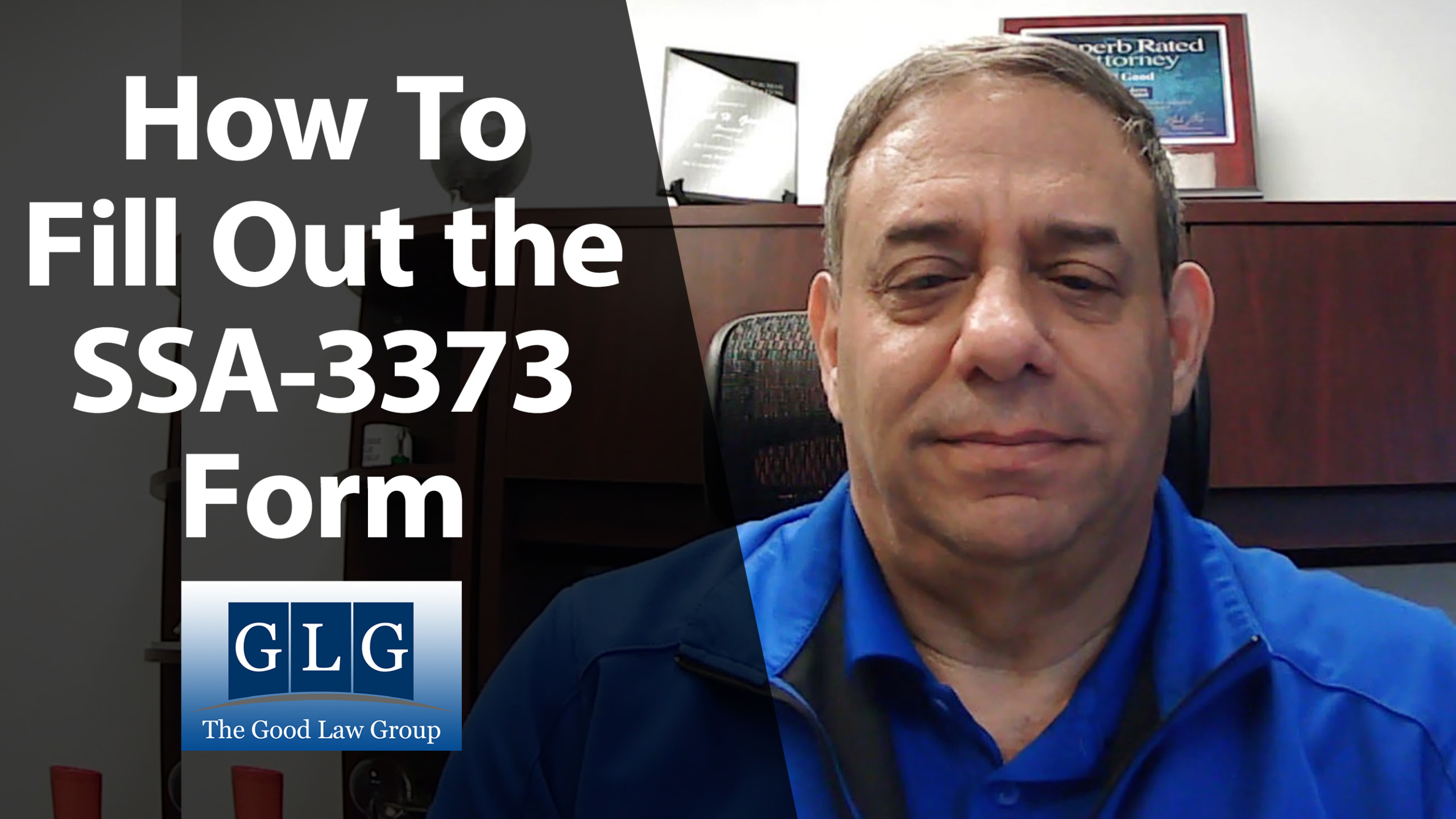Is your SSDI application strong enough to get approved? Applicants are often denied because their cases lack the specific details judges need to see. In this video, I’ll explain the three main things a Social Security law judge focuses on during your hearing. You’ll discover how your medical records, doctor’s statements, and personal testimony can work together to support your claim. Get the clarity you need to walk into your hearing fully prepared.

When applying for Social Security Disability benefits, it is important to understand what administrative law judges are looking for during your hearing. While the process may seem formal or complex, three primary elements can make or break your case: medical records, medical source statements, and your testimony. Here’s everything you need to keep in mind:
1. Medical records
Before the hearing even begins, the judge will have already reviewed your medical records. These documents must include a diagnosis, but more importantly, they need to clearly outline the symptoms and limitations related to your ability to work. A diagnosis alone is rarely enough to qualify for benefits. What matters most is how the condition affects your daily function, especially your capacity to perform work-related activities. How you describe your symptoms to your doctors plays a key role, as their notes can be used as evidence. However, many doctors focus mostly on diagnoses and do not always document the limitations or challenges you face.
2. Medical source statements
These statements are detailed forms completed by your doctor that describe what you can and cannot do because of your medical condition. They include information such as how long you can sit or stand, how much you can lift, and your range of motion. These forms provide the kind of specific, work-related limitations that may not appear in standard medical records. Judges use them to understand how your condition impacts your ability to perform a job, and they help connect your diagnosis to actual physical or mental restrictions.
3. Clear, concise, and truthful answers
During the hearing, you will have a conversation with the judge. This is not a courtroom drama where your lawyer delivers lengthy arguments or the judge makes an emotional ruling. Instead, the judge or your attorney will ask you direct questions. The format can vary, but your answers must be clear, concise, and truthful. Unclear or vague responses, such as saying “It depends” or It varies day to day,” can extend the hearing and create doubt.
How The Good Law Group Can Help You
A good disability attorney will help you prepare so you know how to respond accurately and confidently. Most importantly, honesty is critical. Judges review your medical records before the hearing. They are already familiar with your symptoms and limitations. If your answers are exaggerated or inconsistent with the documentation, it will harm your credibility and your case.
The key to a successful hearing is preparation. Strong medical documentation, clear medical source statements, and honest, straightforward testimony all work together to support your claim. If you need help understanding how this applies to your situation or navigating your SSDI case, you can contact us at (800) 419-7606.. We’re here to help.









